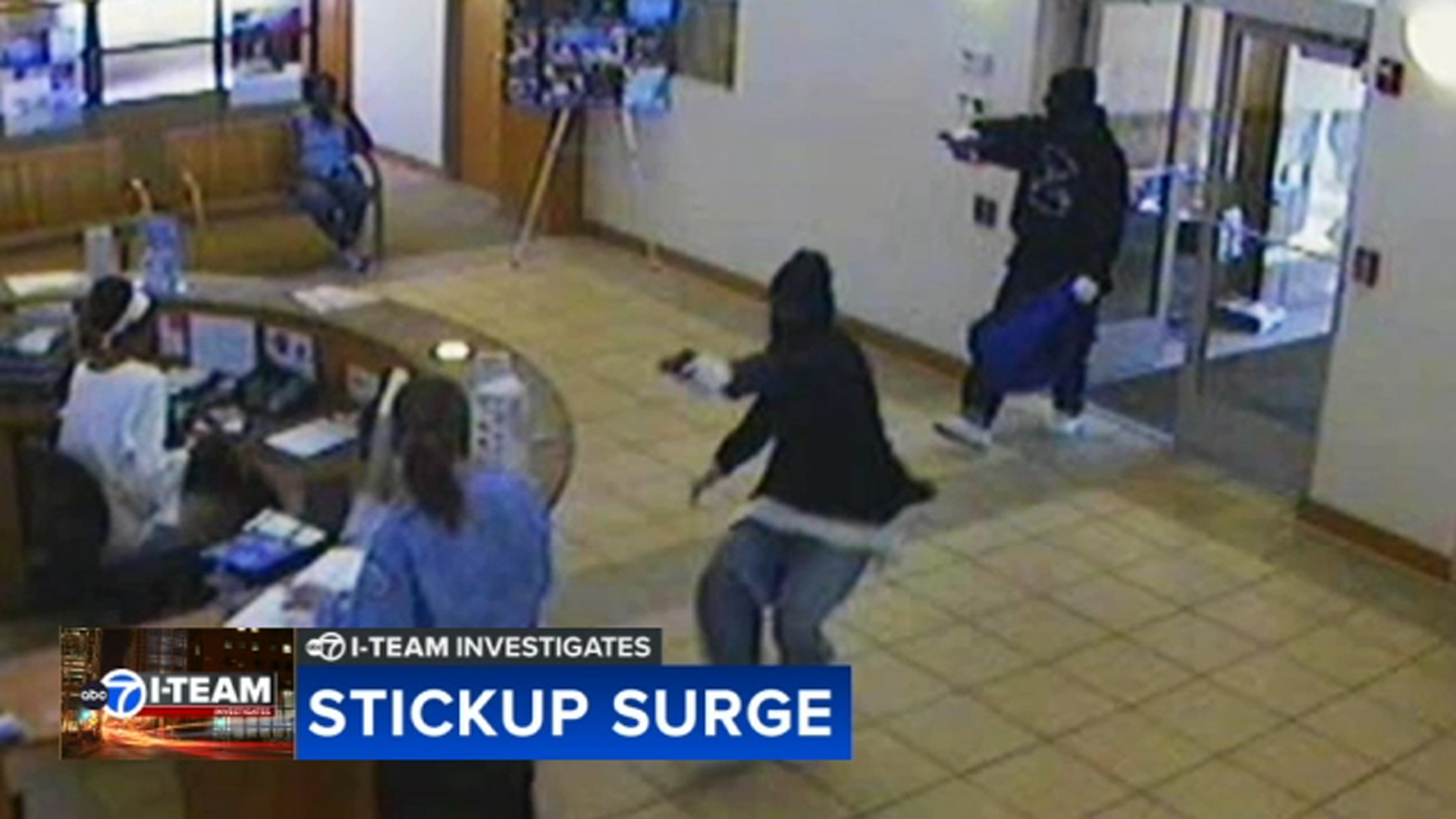Progress made reducing DNA case backlog, but room for improvement remains, director says
CHICAGO (WLS) -- There are still hundreds of Chicago murder cases waiting years for DNA analysis by Illinois' crime labs, even after the ABC 7 I-Team uncovered the backlog 10 months ago. Since then, the governor has promised changes to reduce the delays. Some critics say the continued delays are unacceptable.
"I feel so, so lost. I feel like I don't have any hope," said Shirley Burgess, whose sister, Sheila Burgess, was murdered inside her South Chicago neighborhood apartment in November 2017. "They've taken my hope."
"We need justice for Sheila," added Susan Turner, another sister. "We need some peace of mind."
The sisters believe they know the suspect, an acquaintance who has been in and out of jail.
Turner says she and her sister Shirley have endured an excruciating grieving process. But processing of the DNA that could possibly answer their questions has been delayed.
"There's DNA. My sister was a fighter. I know there had to be something under her fingernails or something," Turner said. "The only way it wasn't any DNA, he had to steal on her, came and got her from behind or something. But even that way, she fought. I know her; she fought. And so there's some DNA in her apartment. They stayed in there all night long collecting stuff. All night long. They stayed in there."
The I-Team has learned that final results from a series of lab tests were completed in July; about one year and eight months after Sheila Burgess's murder.
"The investigators will have to look at that evidence and the prosecutors who are working with investigators will have to look at that evidence and decide what that means as far as the implications in terms of proving that case," said Brendan Kelly, Director of the Illinois State Police.
But the Burgess family is now waiting on answers from Chicago police, which said "DNA evidence was insufficient to provide a viable sample and therefore the investigation remains open."
"I want closure for Sheila. I want closure for Sheila Burgess. And I don't want him to do any other Sheila's. I don't want him to hurt anybody else because that was a sad way to die for anyone," Shirley Burgess said.
The I-Team's first investigation in November 2018 uncovered more than 750 murder cases backlogged in the Illinois crime labs. All of it discovered after Carmia Tang emailed the I-Team about a delay of more than a year in her son's murder case. Tang says she finally saw lab results but there's still no arrest in her son's case.
Since then, Governor JB Pritzker blamed resources and pledged to tackle the problem. Illinois State Police showed the I-Team new procedures and tools being used to reduce the DNA delay in labs. More new technology is also on the way. But the I-Team wanted a progress report from the director of the Illinois State Police.
"Our forensic scientists here at this lab and the other lab across the state are steadily making good progress. The overall biology and DNA case assignment backlog is down 10 percent," Kelly said.
But Kelly believes there's room for improvement.
"We have to get to the point that the rate, the turnaround time that we have now has to get increasingly lower," he said.
Under the Freedom of Information Act, the I-Team also asked for updated data for Chicago area murder cases that are still being analyzed.
Here's what the I-Team found:
YEAR DNA FROM CHICAGO MURDERS WAITING TO BE ANALYZED BY THE ILLINOIS STATE POLICE
2016: 7
2017: 127
2018: 438
2019: 93
TOTAL: 665
That total of 665 is a reduction from the more than 750 cases uncovered in November. The state police says they changed the way they categorize cases so the numbers could be lower.
"So we're definitely moving in the right direction. The rate at which these cases are being processed is up 30 percent," Kelly said.
State Senator Patricia Van Pelt (D) Chicago, has been holding the state crime labs accountable for the delays by holding hearings.
"When you're waiting for an answer about your loved one, you need to have something," she said. "Tell me that I'm sixth in line. My case will be analyzed in three days or five days or whatever. Get me something."
Van Pelt is hopeful an executive order recently signed by Governor Pritzker will speed things up. The order creates a task force of experts, elected officials and community members to oversee the backlogged labs. But she realizes that this is not something that can be changed overnight.
"But with additional manpower, the additional technology, infrastructure and getting all of those things in place and reducing all of the little inches and time that are producing waste in terms of the amount of time it takes to be able to produce a quick turnaround time for DNA," Van Pelt said.
The Burgess family said they pray the apparent lack of DNA doesn't result in a suspect getting away with the murder of their sister.
"He beat my sister," Shirley Burgess said. "He strangled her and he raped her. There ain't nothing but DNA on my sister from him. The apartment was ransacked. He went all through her drawers. He took her ID, her public aid card, took her money and left."
Illinois State Police also announced that it was hiring 26 more forensic scientists, but so far none of those positions have been filled. State police officials say they have been interviewing for those jobs and that there are 70 candidates left.
"Rapid" DNA testing will also be implemented, a process which can identify a suspect within hours. However, according to state police, this technology hasn't yet been approved by the FBI to be used in all cases or at the actual crime scene.










